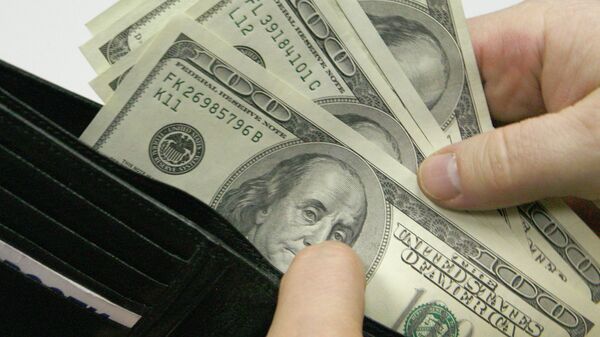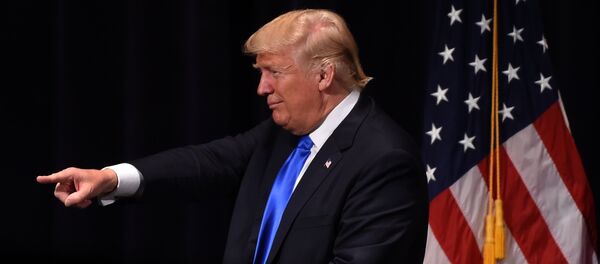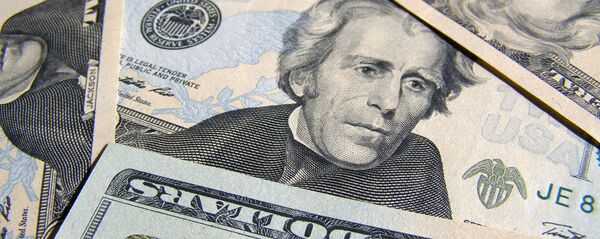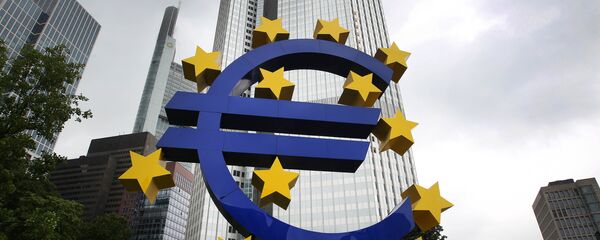'There May be no Winners From a Stronger Dollar'
Those debts will have to be re-financed at a higher dollar exchange rate and, probably, at higher interest rates.
If non-return loan risks increase, banks will have to cut the amount of loans due to an acute dollar shortage, a report by Hyun Song Shin, economic adviser and Head of Research at the Bank for International Settlements, read.
"We have all the symptoms of a dollar shortage," the economist was quoted as saying by The Telegraph.
A full-fledged crisis is possible if the dollar continues to rise. At the same time, the economic policy of Donald Trump is expected to drive up the US national currency.
A persistent dollar shortage in the global market is one of the possible consequences of the new "de-globalization" trend analyzed by Deutsche Bank strategists George Saravelos and Robin Winkler.
"If 2008 marked the trigger, this year is likely to be remembered for signaling the persistence of a new mega-trend: the peak and likely unwind of globalization," Saravelos wrote in the bank’s FX Blog.
Hyun Song Shin argued that now the US dollar has become the global indicator of appetite for borrowed capital. When the dollar strengthens, appetite for leverage decreases and the debt load goes down.
"If the banks have a portfolio of dollar assets, some of which may be vulnerable to dollar appreciation, then a bank’s overall risk-taking capacity will be subject to shocks," the report read.
"The banking sector may become an amplifier of shocks rather than an absorber of shocks. […] Given the dollar's role as barometer of global appetite for leverage, there may be no winners from a stronger dollar," the economist warned.
Deglobalization of the Dollar
Research Team at Deutsche Bank suggested that Donald Trump’s victory in the US presidential election will solidify the widely witnessed trend of turning away from neo-liberal economic models.
"The world has been on a 'globalizing' trend since the end of World War II. But looking at evidence this year, there is compelling evidence to argue that this is being reversed," Saravelos wrote.
For international financial markets, the trend will result in a global shortage of dollar liquidity.
Finally, Trump’s administration may compel repatriation of $1-2 trillion of corporate profits to the US, according to Deutsche Bank estimates.
"A US corporate tax holiday or even a simplification of the tax code to encourage repatriation would be most likely to impact the availability of dollar liquidity for European banks, where most US corporate earnings have been re-invested," the analysts wrote.
Deutsche Bank also warned that the shrinking of dollar-denominated loans will make economies holding large dollar-denominated loan burdens more vulnerable to a credit crisis.






